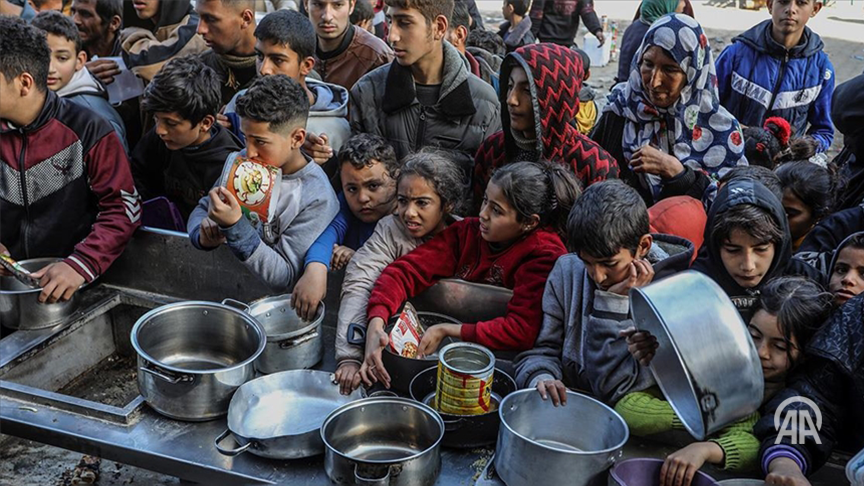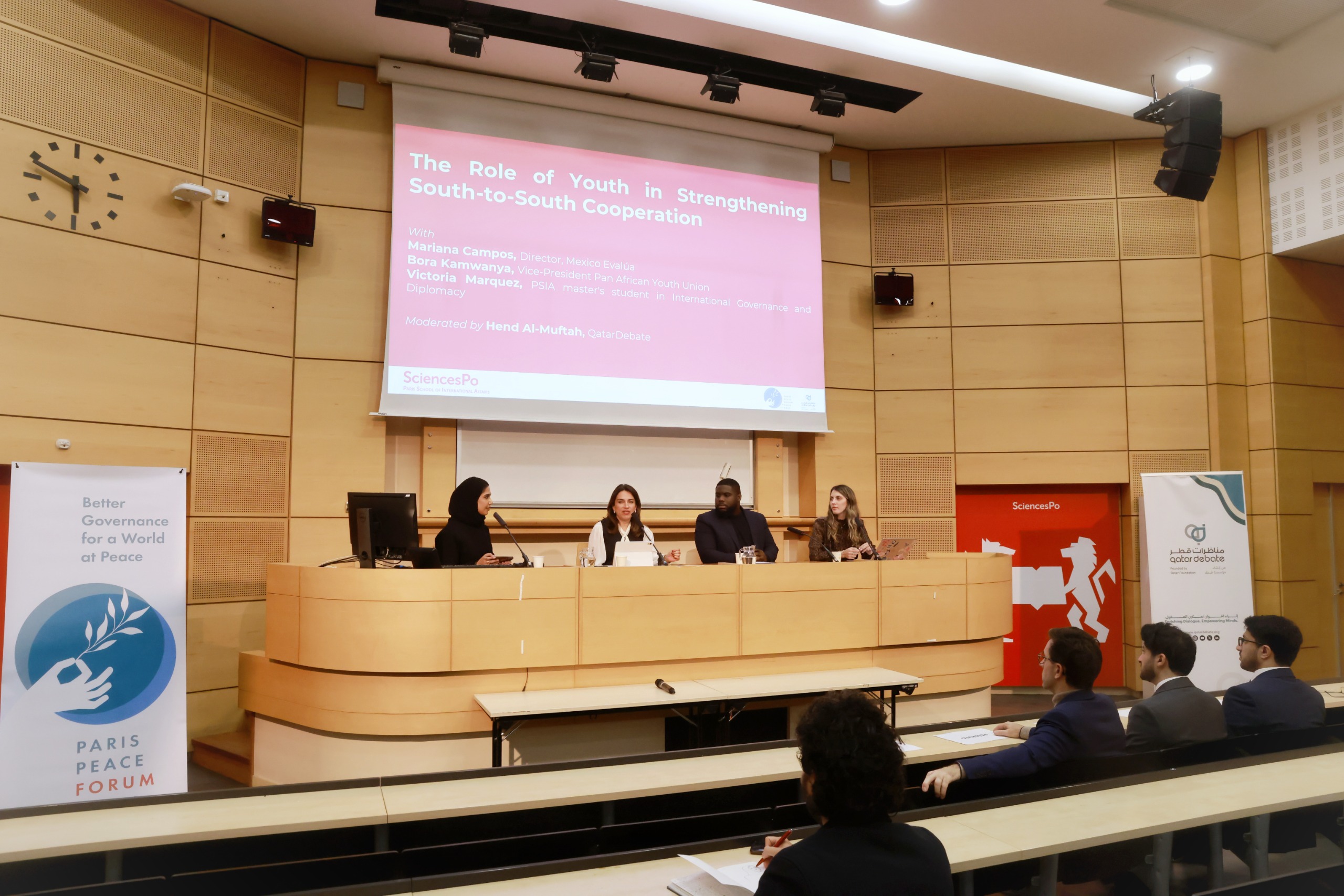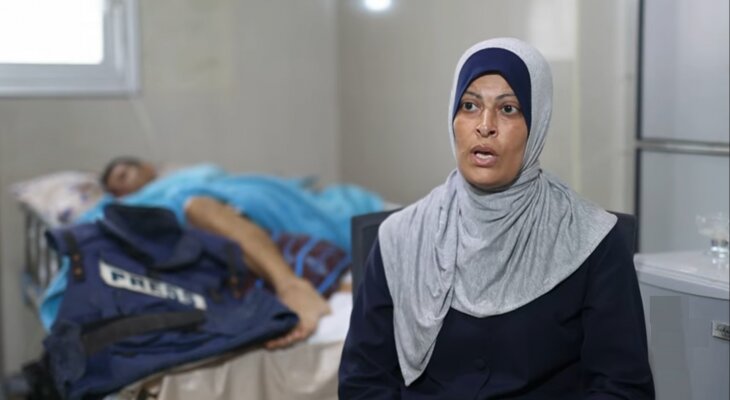A staggering 93% of the population in Gaza is currently facing crisis levels of hunger due to Israel’s genocidal assault and its intentional starvation policy that has been used as a weapon of war in the besieged enclave.
The humanitarian crisis in Gaza has escalated drastically, with the World Health Organization (WHO) describing the situation as “hellish” due to severe hunger.
The organisation said it was unable to deliver food to Nasser Hospital in Khan Younis, citing significant delays at checkpoints amid a “serious shortage.”
“I witnessed two people suffocating to death from the overcrowding,” said Mercy Corps aid worker after a rare food delivery reached northern Gaza.
The WHO also reported difficulties in delivering food supplies to hospitals in Gaza due to delays at checkpoints.
Overcrowding and the resulting chaos during rare food deliveries have led to suffocation deaths.
The health impact of this crisis is profound, with soaring rates of infectious diseases like diarrhoea, respiratory infections, and suspected hepatitis, exacerbated by malnutrition weakening the body’s defences.
The situation is particularly dire for vulnerable groups such as children, pregnant and breastfeeding women, and older people.
The Integrated Food Security Phase Classification (IPC), which includes WHO, has warned of “catastrophic levels of food insecurity” and the increasing risk of famine each day in Gaza.
The humanitarian situation in Gaza has escalated to a critical point, with mounting evidence suggesting that Israel is using starvation as a weapon of war.
Human Rights Watch has reported significant damage to over a third of agricultural land in northern Gaza since the Israeli military’s ground offensive began on October 27.
This destruction includes the razing of orchards, greenhouses, and farmland, crucial for the survival of the civilian population.
Over 1.9 million people in the Strip are in urgent need of food assistance. The Israeli blockade intensified since October 7, has severely restricted the entry of essential supplies.
Oxfam’s analysis of UN data revealed that only 2% of the usual food deliveries have been entering Gaza since the siege. To meet the escalating crisis, approximately 104 trucks of food per day are required, a stark contrast to the minimal aid currently allowed.
The United Nations World Food Programme reported that 93% of internally displaced households have inadequate food consumption.
Access to water remains severely limited, exacerbating the humanitarian crisis. The Israeli government’s actions, including the blocking of humanitarian aid and the apparent targeting of agricultural areas, have been labelled as a war crime by many groups.
The use of starvation as a weapon of war, as seen in Gaza, is considered a war crime under international law.
Intentional starvation of a civilian population, especially as a method of warfare, violates the Geneva Conventions and their Additional Protocols.







